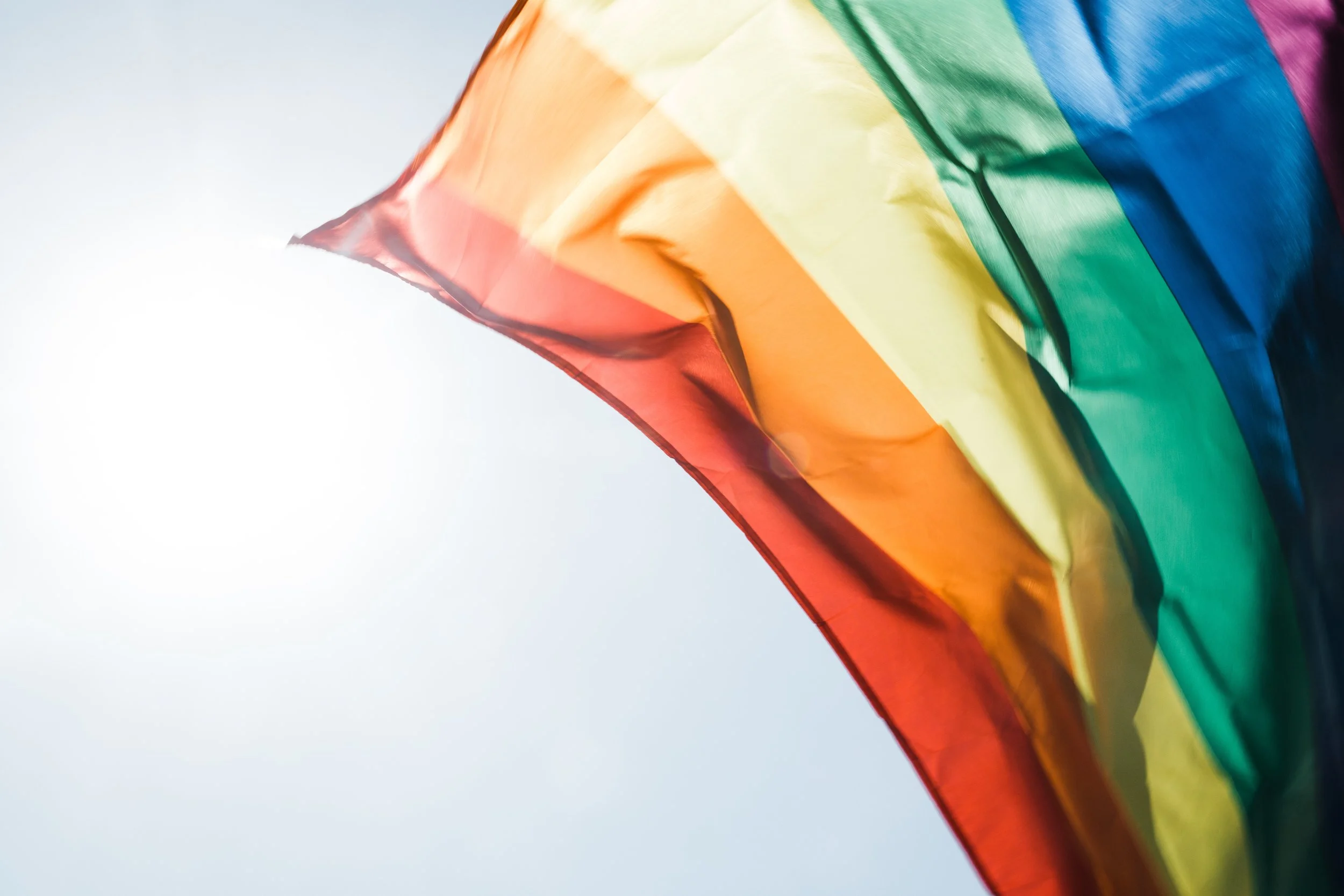I wasn’t going to write anything about THIS.
Even though I’m a woman in ministry and a pastor who finds herself in a pulpit on a regular basis, the truth is the weekend’s social media explosion didn’t really affect me. For 19 years, it’s just not been an issue. Actually even for the 10 years before Park Road, I had found myself in places of inclusion and acceptance. Oh sure, there are the occasional comment and infrequent attitude that stirs me up. In those moments, I can quickly be transported to moments in seminary and in various ministry positions during the early years when I was lectured and man-splained about how God did not call women into ministry. Once I was even called an abomination — to my face! I guess the truth is one never truly gets over being called an abomination.
On Sunday afternoon, I got the following text from a church member: “Did you hear the John MacArthur’s audio of his talk about Beth Moore and women in ministry? It’ll get you fired up, so don’t do it today.” I guess she thought it best not to ruin a perfectly good Sunday. I had just climbed down out of the pulpit where I had preached the Good News of the Gospel of Jesus Christ. I had preached about Jesus’ love of the little children and his call that in our lives we are to take care of ALL the children; not just our own but also the poor ones and the at-risk ones and the hungry ones and the homeless ones and the ones living in cages on our border.
So I determined to follow my friend’s advice and just not listen. I was in the mood for a nap, not for getting fired up. But my Facebook and Twitter feed wouldn’t let me miss THIS.
People were posting and blogging about it. People started sharing pictures of women in the pulpit. People started testifying to the power of women in the Gospel story reminding everyone that the very first preachers were women who told their experience of that first brush with Resurrection. I broke down and listened to the audio.
John MacArthur is a pastor and author, and he has an internationally syndicated radio program. He was speaking at a celebration of his fifty years of pulpit ministry when he weighed in on the ongoing debate in the Southern Baptist Convention over women preachers. (We are obviously not THAT kind of Baptist!) He claimed the SBC had taken a “headlong plunge” toward allowing women preachers at its annual meeting this past summer. That, he said, was a sign the denomination no longer believed in biblical authority.
Then he was asked for his gut reaction to a few words or phrases. The name Beth Moore, was thrown out. (She is a well known, conservative, evangelical Southern Baptist teacher/writer/ speaker.) When John heard the name Beth Moore, his quick response was “Go home.” The audience erupted in laughter and applause and cheers.
I can honestly say it did not get me fired up.
I was not surprised. This reaction is exactly what I have come to expect from that particular crowd. I was too profoundly sad to be fired up. All I could picture were the daughters of all those men laughing and making fun of women preachers. All I could picture were all the young girls sitting in those congregations listening to only men preach the Good News. All I could picture were all the women kept silent with shame and guilt, many of whom have a fire for the Gospel story in their bones and no place to share it and proclaim it and preach it.
Beth Moore and I really don’t have a ton in common, theologically speaking, but we share a home in the pulpit. John MacArthur told her (and me and countless other women preachers) to “Go home.”
Will do, sir, will do. See you in church — I’ll be the one in the robe, standing in the pulpit – right at home at Park Road Baptist Church, preaching the Good News.
May it be so … and it is.

















